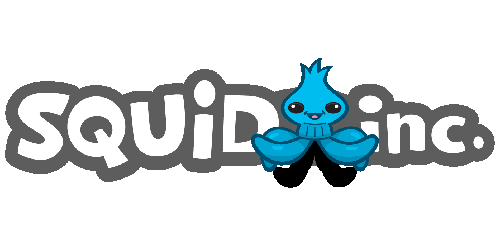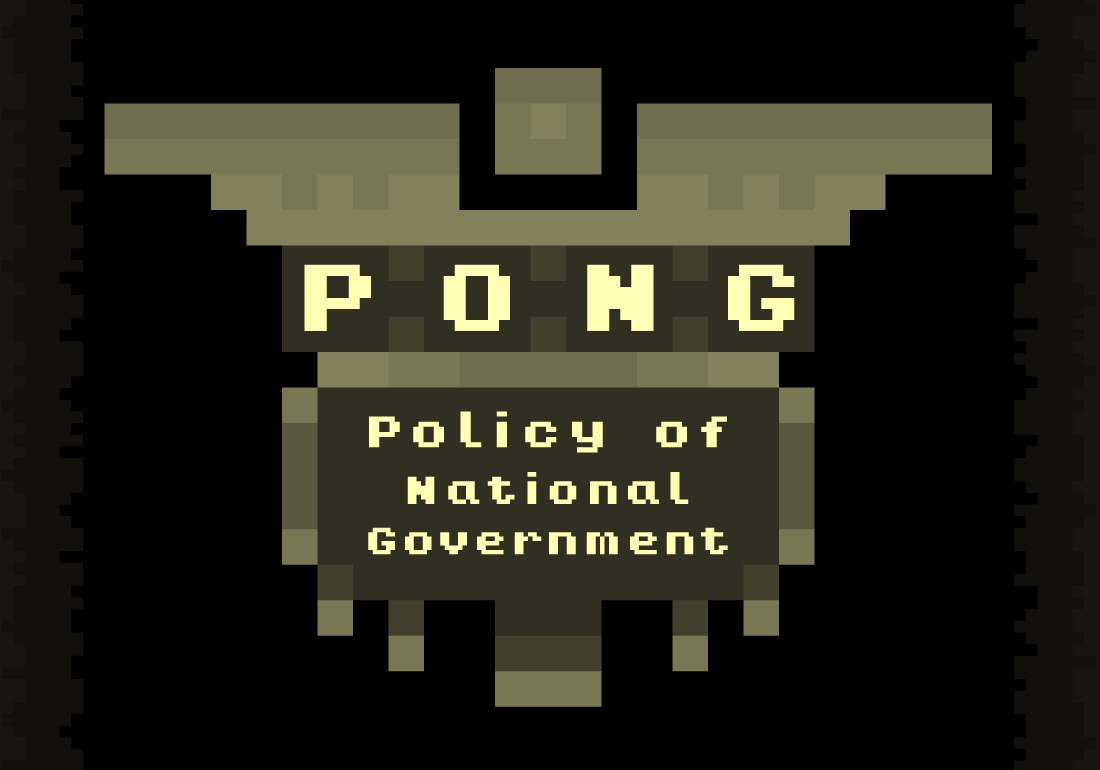Policy of National Government
A browser game, P.O.N.G. (Policy of National Government) uses the basic mechanics and aesthetics of the 1972 arcade-game PONG to satirically critique modern, governmental immigration-policy. This absurdist and irreverent satire is an incongruous simplification of a wicked problem (Rittel & Webber, 1973), a term used to describe challenges that seem insurmountable and impossible to solve.
User-engagement with this interactive narrative reveals the social contradictions therein; that bureaucracy’s focus on objective box-ticking (and the promotion of workers who do this well) ignores societal standards and the dangerous reality for refugees, desperately trying to start a new life across the sea (or beyond a wall). The game rewards candidates with government employment if they ‘efficiently negotiate’ with these immigrants, the same government who may outwardly profess a belief in human rights (United Nations, 1948). Recent examples of this cold logic include the Australian Government’s Robodebt scandal (ABC, 2017), and the U.S government’s recent treatment of Dreamers (Guardian, 2017).
P.O.N.G. is an immanent critique (Stahl, 2013), a method of analysis used to criticise a practice, comparing it to standards internal (or immanent) to that practice. Often, the critique also highlights “potential for improvement contained within (those) practices”, as well as “reasons to be hopeful about the possibility of social progress” (p. 20).
In this instance, the critique is in the form of a testing apparatus, an organisational tool central to governmental efficiency and employment. The artefact is a bureaucratic, quantitative misrepresentation of reality; the journeys of desperate people (represented as shapes), coldly deflected to another country until they return or sink from too much boat damage. Rewards are given if the player converts these travellers into “Somebody Else’s Problem” (Adams, 1982, p. 23).
________ Link to game ________
ABC, (2017). “We’re all talking about the Centrelink debt controversy, but what is ‘robodebt’ anyway?” Retrieved from: https://www.abc.net.au/news/2017-03-03/centrelink-debt-controversy-what-is-robodebt/8317764
Adams, D., (1982). Life, the universe, and everything (1st ed.) London: Pan Books.
Guardian, (2017). “Trump ends ‘Dreamers’ program, leaving fate of 800,000 uncertain”. Retrieved from: https://www.theguardian.com/us-news/2017/sep/05/donald-trump-dreamers-program-young-immigrants
Rittel, H, & Webber, M., (1973). Dilemmas in a general theory of planning. Policy Sciences, 4(2), 155–169.
Stahl, T., (2013). “What is Immanent Critique?” SSRN Working Papers. Retrieved from: https://papers.ssrn.com/sol3/papers.cfm?abstract_id=2357957.
United Nations, (1948). Universal declaration of human rights. Retrieved from: http://www.un.org/en/udhrbook/pdf/udhr_booklet_en_web.pdf
 Back to Work
Back to Work







